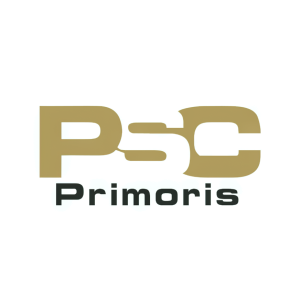Investment Adviser Fuller & Thaler Reports 2.85M Shares of PRIM
Rhea-AI Filing Summary
Fuller & Thaler Asset Management, Inc. reports beneficial ownership of 2,851,227.11 shares of Primoris Services Corp common stock, representing 5.28% of the class. The filer states it has sole voting power over 2,806,052.11 shares and sole dispositive power over 2,851,227.11 shares. Fuller & Thaler is identified as an investment adviser and says the shares are held in the ordinary course of business on behalf of clients, who retain the right to dividends and sale proceeds. The filing discloses no group affiliation, no subsidiary acquisition, and includes a certification by the Chief Compliance Officer dated 09/05/2025.
Positive
- Disclosure of a >5% stake (2,851,227.11 shares, 5.28%) improves transparency for investors
- Sole voting and dispositive power is specified, clarifying who controls voting and sale decisions
- Filer identified as investment adviser and states holdings are in the ordinary course on behalf of clients
Negative
- None.
Insights
TL;DR: An investment adviser disclosed a just-above-5% stake, a notable passive holding but not an explicit change-of-control intent.
This Schedule 13G shows Fuller & Thaler holds 5.28% of PRIM common stock with sole voting and dispositive authority over the majority of those shares. The adviser characterizes the position as held in the ordinary course on behalf of clients, which is typical for institutional investors filing under Rule 13d-1(b). The disclosure signals a meaningful minority stake that could attract investor attention but, absent any accompanying statements of intent or group action, does not by itself indicate activist behavior or takeover attempts.
TL;DR: Ownership crosses the 5% reporting threshold, requiring transparency but not implying governance change.
The filing properly identifies Fuller & Thaler as an investment adviser and provides required vote and disposition counts. Reporting sole voting authority over most shares simplifies governance analysis for shareholders and the company. No group or subsidiary is reported, and the certification affirms ordinary-course holdings. From a governance perspective this is a routine disclosure that increases transparency about an institutional holder without signaling imminent corporate control actions.







